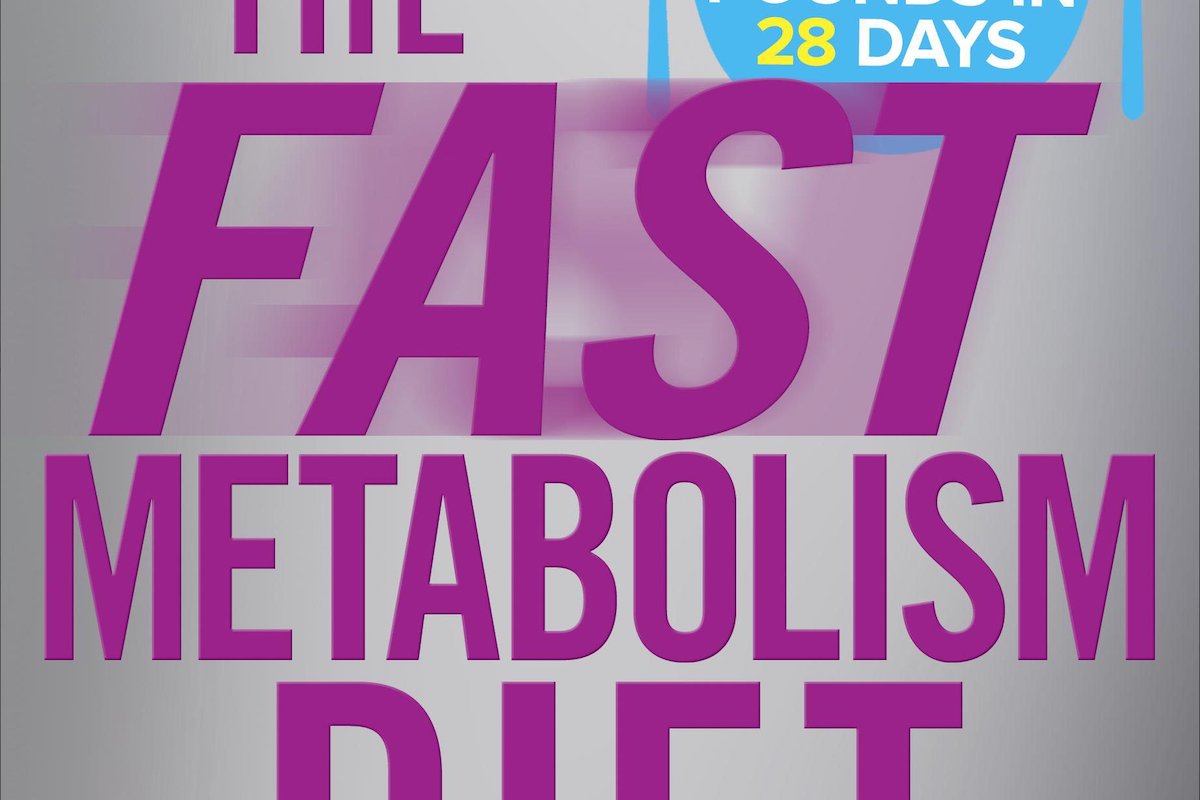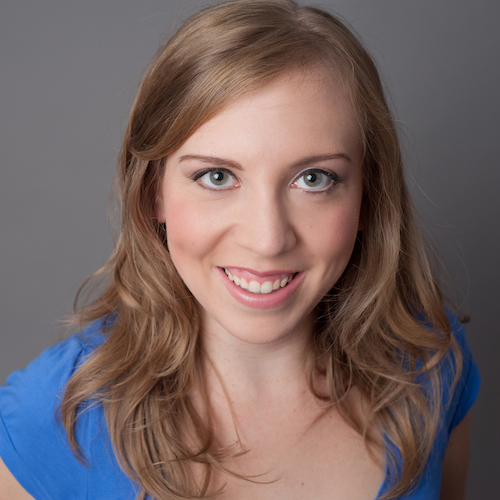
I had this idea in my mind, when I embarked on my weight loss journey this past year, that when I was able to finally reach my goal weight after more than a decade of wishing it would happen, that I’d then suddenly find happiness — you know, like a pot of gold at the end of the rainbow. I think I knew deep down that this wasn’t how happiness worked; after all, I was well aware none of the rest of life worked this way. Instead, I have found my version of bliss on this 10-month journey through self-discovery, inner strength, and perseverance, and it’s a journey I’ll be on for the rest of my life.
I have been averse to the word “diet” for as long as I understood it to mean anything other than the food I was choosing to eat. Despite coming of age during a time when fad diets were present on every magazine cover and in every commercial, I’m thankful that I always had the innate understanding that most “diets” didn’t actually yield long-term results. While many might work temporarily to bring your body weight lower, I understood that any program I wasn’t willing and able to stick with long-term would cause any lost weight to come back on when I inevitably reverted to my old habits. I’m thankful for the mentors in my life who helped me to understand that early on.
Most importantly, though, I was unaffected by the word “diet” growing up in my life, because I was a happy kid not focused on my body image. This was true bliss, in my opinion. It wasn’t until I gained the “frosh 15” during first-year university that I began to truly take notice of, and to judge, my own body. I’ll never forget the sinking feeling when I went to zip up my prom dress from the year prior, a week before our first-year formal, and the zipper wouldn’t go up. I truly hadn’t noticed until that point that I had gained so much weight — and the moment I did, I got that sinking, plunging feeling of disappointment. You know the one — like you’ve done something wrong, and you’re not sure how or when exactly it happened, but you are somehow to blame.
On the one hand, it was an excuse to go buy a new dress. But on the other hand, what had happened to my body? Had my diet really changed that much? When I think of how bulk candy was just a swipe of my meal card away, and in any flavour and quantity I could dream of, it seems clear to me now. I think about how late at night something called “snack bar” would pop up, selling only greasy foods like pizza and fries for those just home from a night out or studying late into the night. Where was the nutrition counselling, the advice for a balanced diet to those of us just becoming adults and learning how to take care of ourselves? We were being set up for prime weight gain, we were none the wiser, and it was not our fault. I see similar ways we’re set up to fail nowadays. With “low calorie” or “low fat” foods advertised in our social media feeds and in the grocery store, we are continuing to be fed inaccurate information on nutrition. As a result, I know that many of us continue to struggle with our weight, when we feel like we’re doing everything right. We quietly feel like we’re failing.
One year ago, as I was packing for an incredible tour to Japan with my singing group Countermeasure, I was excitedly trying on my spring clothes to pack for the warmer climate. Much like the moment with my prom dress, I reached a new personal low when I discovered that everything that had fit the spring prior was now too small, and that I was at my all-time highest weight yet — more than 20 pounds higher than I even guessed I might be. The number, 170, smacked me in the face, and distributed itself unflatteringly on my 5'4" frame. The feeling of failure was at an all-time high.
After I lamented to a close friend, he recommended I try The Fast Metabolism Diet by Haylie Pomroy. I was hesitant — there was that word again, “diet,” a major red flag in my mind. Aside from the fact that the author and I were both Haylie(ey) P, this was foreign territory. I decided to check out the book from the library and look it over.
What I found surprised me: well-researched information backed by science, and tested, lasting, long-term testimonials — many of them. At no point in reading the initial chapters did I feel I was being sold something unnatural or extreme. Instead, I was being introduced to a way of eating well that made complete sense to me nutritionally, and that involved eating five times per day. I knew I would not be hungry on this plan. While I would be eating plentifully, there did include a list of foods I would not be consuming: refined sugar, alcohol, caffeine, soy, corn, wheat, dairy, artificial sweeteners, fruit juices, and any refined or processed foods. Instead, I would be eating all healthy, whole foods, including plenty of fruits and vegetables, lean proteins, healthy whole food carbohydrates (including oats, brown rice, and sweet potato), and healthy fats like hummus and avocado. It sounded like it would take willpower, but that it would also be delicious and, ultimately, manageable. Pomroy is quick to tell you that, yes, you should think of this as a DIET — an acronym, she says, that means “Did I eat today?” The program demands you eat plenty of filling, good food and is adamant that we must move away from an unhealthy, restrictive mentality toward weight loss.
The program has you cycle through three phases of eating within each week. Phase one lasts two days, and consists of plenty of carbs and fruit — the “Unwind stress and calm the adrenals” phase. My favourite phase-one staples are oatmeal and fruit in the mornings, and delicious stir fries with plenty of brown rice for lunch and dinner. Phase two, the “Unlock fat stores and build muscles” phase, is also two days long and consists of lean protein and green vegetables. My favourite phase-two breakfast recipe is actually a green smoothie with egg-white protein powder, a recipe I found in an online support group for the fast metabolism diet (FMD). I recommend joining one of these (on Facebook) to help you navigate any questions you have along the way, and to find support from people going through the same journey as you! It has been hugely helpful to me. The final phase in the week, phase three, is three days long, and is the most inclusive — here, you can eat plenty of vegetables, fruit, protein, and healthy fats like oil, avocado, and hummus. This is the “Unleash the burn: Hormones, heart, and heat” phase. I chose this phase for the weekends, because I found it the most manageable phase in social situations, and while eating out.
You absolutely need to read the book before you embark on this journey in order to fully comprehend how the FMD works, and to plan your meals based on advice directly from the professional who developed the program. I also recommend the Fast Metabolism Diet Cookbook as you begin to meal plan; it has been my go-to along the way. It seems complicated at first, but once you establish a meal-planning and meal-prep routine, it becomes much easier, and I found peace and bliss in a routine in which I didn’t have to overthink what I was eating each day. If I can do it in a small kitchen without a dishwasher, so can you!
At the time of writing this article, I am a healthy and happy 128 pounds, down 42 pounds from one year ago. I didn’t lose 20 pounds in the first 28 days as the book suggests is possible; I actually only lost 4 pounds that first month. As frustrating as this felt, I gained renewed perspective and motivation through an online community of others on the program. It was here where I learned that the more common experience on the FMD is to lose weight slowly but steadily. It truly does work, but you need to be patient and consistent in your efforts. I lost at a rate of between 4 to 6 pounds per month, taking the odd break from the plan for a meal on a holiday, and when I was on tour and without access to a kitchen. This amounted to about 3 weeks total in the span of 10 months, so you can see how dedicated I was to this plan in order for it to work.
While it hasn’t always been an easy 10 months, it has been worth it. I have proven to myself that I have the strength to carry on down a path where I cannot know the timing of the end result, and I have learned to have faith in the process anyway. This kind of surrender has been frustratingly humbling. My bliss has come from (painstakingly) learning to accept myself in all of this, to love myself irrespective of my weight, wherever I am right now. Truly, I am not innately happier because of my lower weight. Instead, I find my happiness comes as a result of the amount of energy I have from all of these nutritionally dense foods, and it is blissful to know that good food can and will continue not only to get me through my busy schedule, but to help me thrive and be my best self each day.
We’d love to hear from you! Please send us your suggestions for future articles. And if you’re a writer, please see our writer’s submissions page for details.

